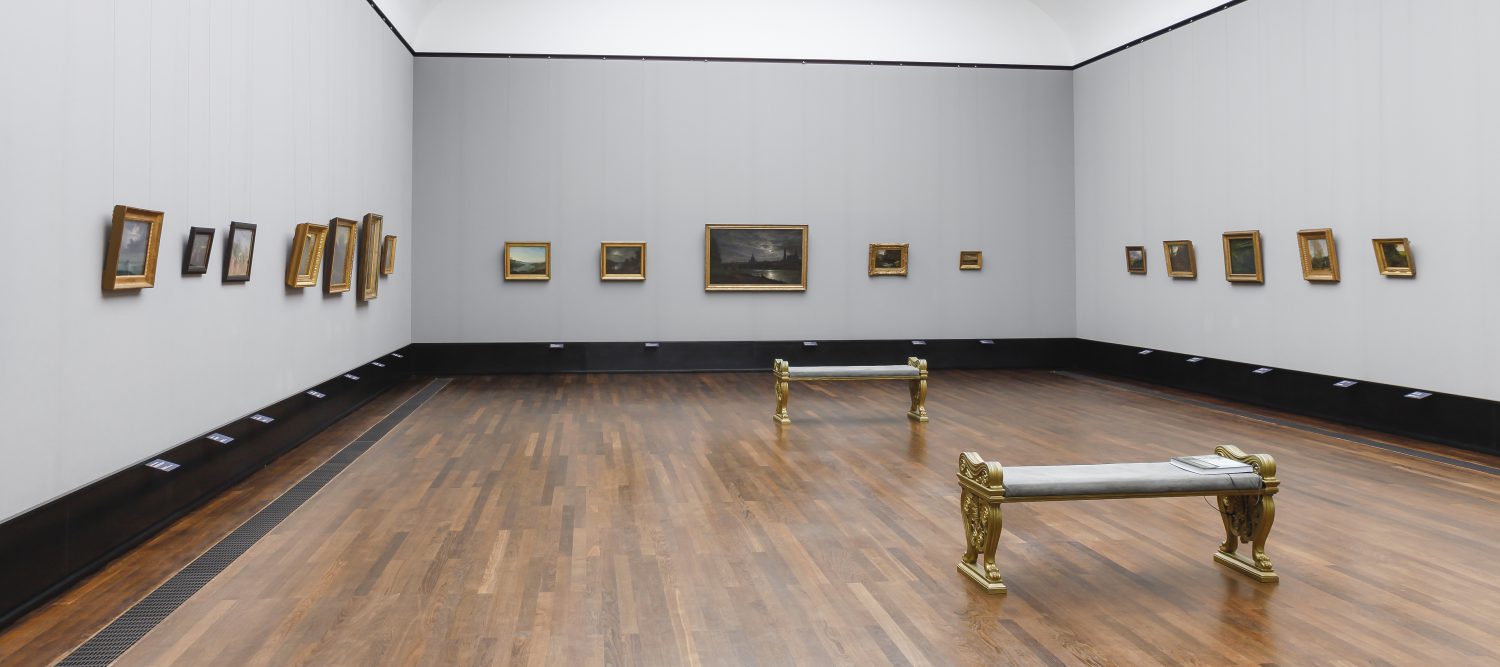Carl Gustav Carus is one of the outstanding personalities of German Romanticism. The universalist, born in the revolutionary year of 1789, acquired the title of doctor of philosophy and medicine at the age of 19, shortly afterwards became a professor of obstetrics in Dresden and soon also personal physician to the Saxon royal family. His extensive scientific writings were widely noted. At the same time, he took part in exhibitions as a painter with great success since 1816. Throughout his life, Carus maintained a lively exchange on questions of natural philosophy and humanities with well-known contemporaries. He visited Alexander von Humboldt in Berlin, corresponded with Goethe and drew together with his closest artist friend Caspar David Friedrich, who in turn owed him inspiration.
He looked for his motifs in nature, which he studied while traveling through Europe. Romantic landscape painting is at the center of his artistic work: scientific interest in geological processes and romantic worldview meet in detailed nature studies, impressive mountain views and atmospheric landscapes.
